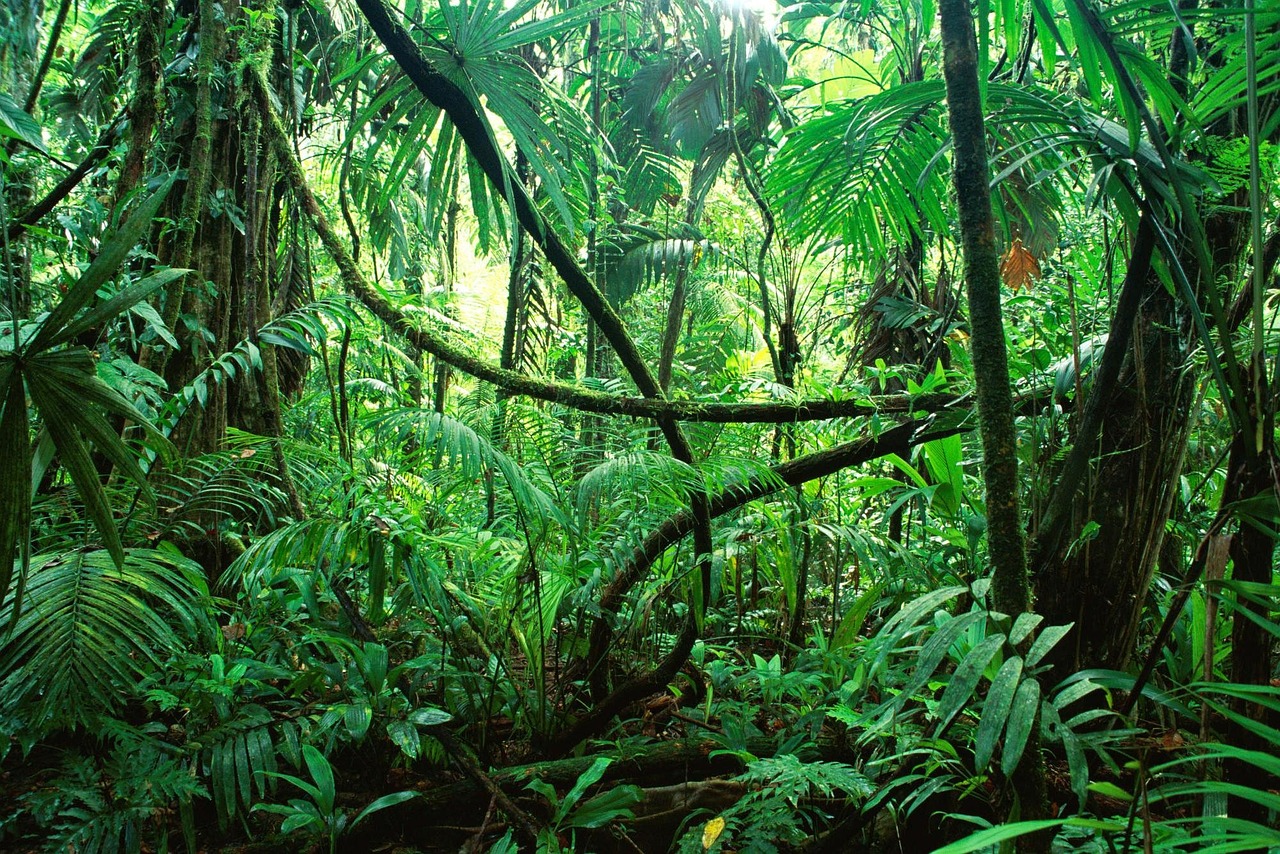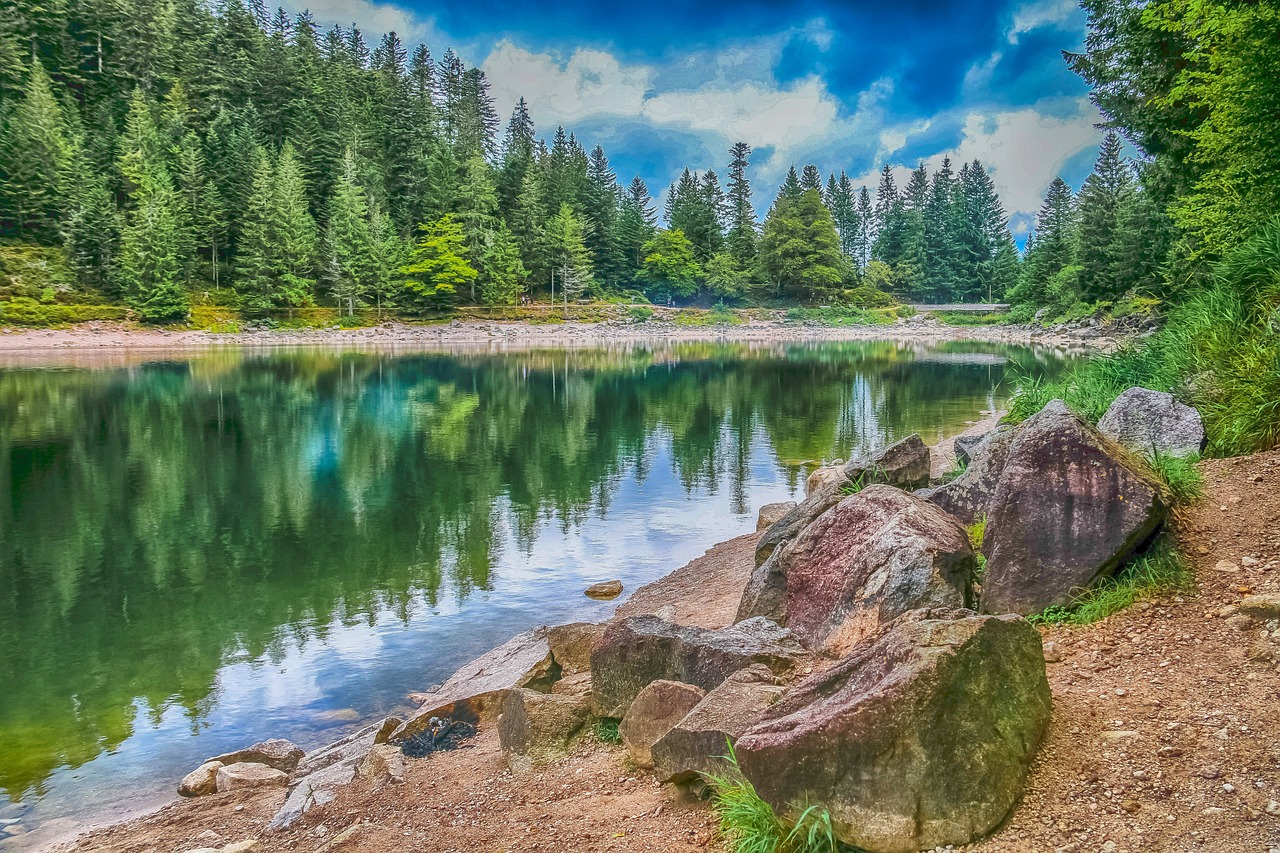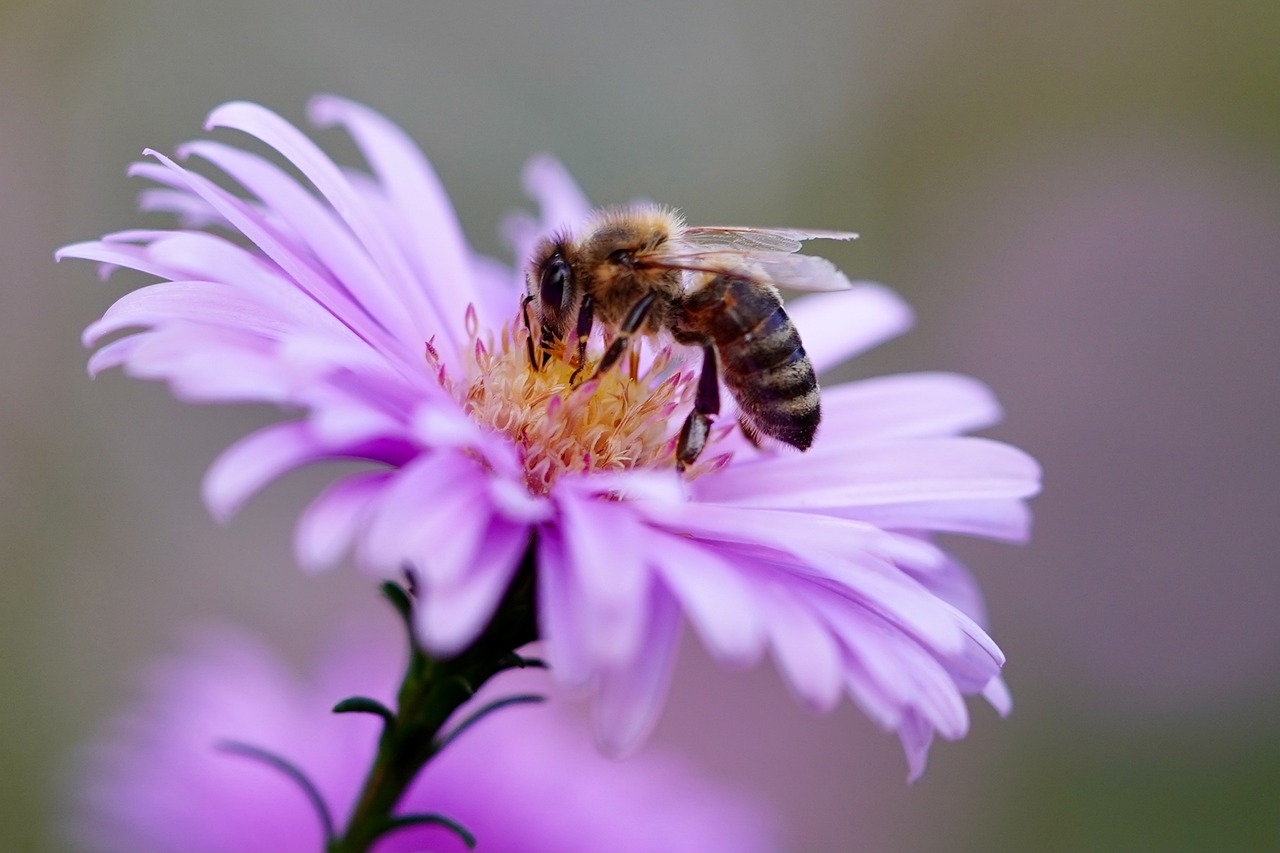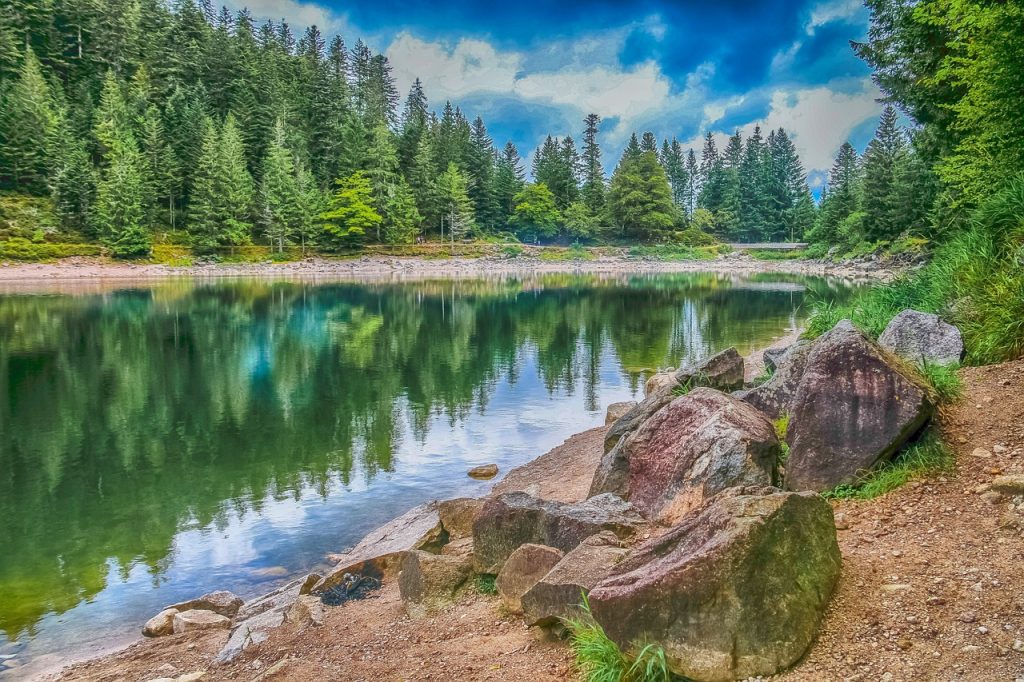Biodiversity, the diversity of life in all its forms on our planet, encompasses all living organisms – plants, animals, fungi, and microorganisms, as well as their habitats. This diversity is critical to the functionality and balance of ecosystems, and its impacts extend to each one of us.
Maintaining ecosystem health is crucial because every species has its role within the ecosystem, whether as a pollinator, predator, decomposer, or part of the food chain. This intricate network ensures that ecosystems operate efficiently and can withstand environmental changes and disturbances. When species disappear, ecosystems lose their stability and functionality, leading to dramatic consequences. For instance, the decline of pollinators like bees can jeopardize food production, as many crops depend on pollination.
Natural resources and the benefits of biodiversity
Biodiversity is also vital for the resources it directly provides us. Food, medicines, raw materials, and energy all come from nature. Diverse ecosystems can produce more and more sustainable resources than impoverished ones. A prime example is the significance of tropical rainforests: they are treasure troves of medicinal substances. Countless modern medicines have been developed from plants and microorganisms found only in these rich ecosystems. Without biodiversity, we lose the opportunities to discover new drugs and treatments.

Climate regulation
Climate regulation is another key benefit of biodiversity. Diverse ecosystems, such as forests, wetlands, and oceans, act as carbon sinks, absorbing carbon dioxide and releasing oxygen. This process helps mitigate climate change. For example, the Amazon rainforest is often referred to as the “lungs of the world” because it produces a large portion of the Earth’s oxygen. When these ecosystems suffer, their ability to regulate the climate diminishes, affecting the entire planet’s climate system. This is why there is much concern about the destruction of rainforests and the importance of protecting them.

Our health and well-being depend on biodiversity
Biodiversity also impacts our health and well-being. Nature experiences, such as walking in forests and spending time in nature, promote mental and physical health. Studies have shown that time spent in nature reduces stress, improves mood, and enhances overall well-being. Additionally, a diverse natural environment provides us with nutritious food and clean water, both essential for our health.

Consequences of biodiversity loss
The loss of biodiversity increases the risk of ecological crises, such as natural disasters and problems caused by climate change. Healthy and diverse ecosystems are more resilient and better equipped to withstand and recover from disturbances. When ecosystems are diverse, they have more means to adapt and survive. For these many reasons, it is crucial to protect and promote biodiversity. We can do this in various ways: by choosing sustainable and ecological products, reducing meat consumption, recycling, and participating in local conservation projects. Simple actions, such as planting native species and using natural resources responsibly, can significantly contribute to the preservation of biodiversity.
If you want to learn more about the importance of biodiversity, We recommend checking out the UN Convention on Biological Diversity website.

Ecological innovations as promoters of biodiversity
New ecological innovations can significantly promote biodiversity. For example, advances in biotechnology enable the development of sustainable farming methods that reduce the need for chemical fertilizers and pesticides. This protects soil ecosystems and water bodies, which are vital to many species.
Another example is renewable energy solutions, such as solar and wind power, which reduce the use of fossil fuels and thereby the impacts of climate change. This, in turn, helps preserve habitats and species sensitive to climate changes.
Additionally, circular economy innovations, such as material reuse and recycling, reduce the overconsumption of natural resources and waste production. This helps conserve natural resources and reduce environmental impacts, thereby supporting the preservation of biodiversity.
A great concrete example of ecological innovation is Kahviklapi. Kahviklapi is an eco-friendly firestarter made from recycled materials, offering an environmentally friendly alternative to traditional firestarters. By using Kahviklapi for home heating, you can utilize recycled materials and reduce the need for cutting down trees. This helps preserve forests, which are crucial to many ecosystems and species.
Ecological innovations like Kahviklapi not only protect the environment but also create opportunities for economic growth and community well-being. By investing in these technologies, we can build a more sustainable and diverse future for everyone.





